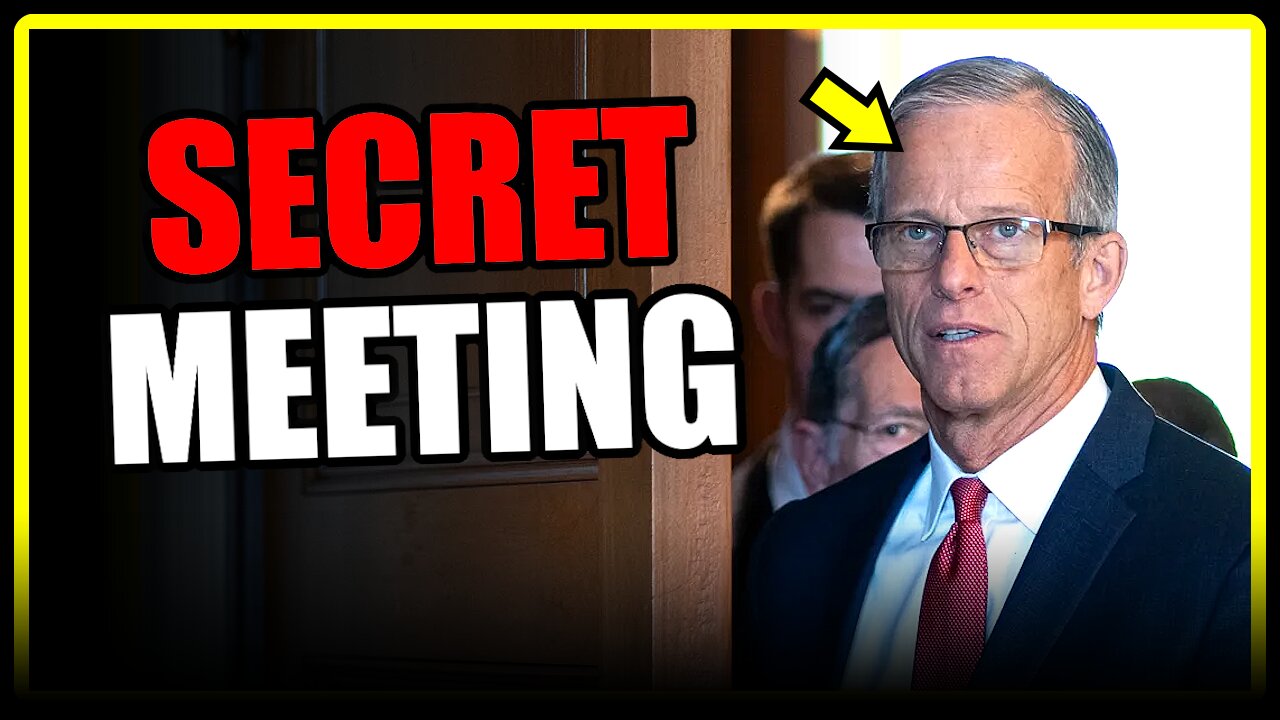Scripture or slogans — you have to choose


“Don’t give me doctrine — just give me Jesus.”
Live Your Best Retirement
Fun • Funds • Fitness • Freedom
It sounds humble, even noble. But ask, “Who is Jesus?” and suddenly you’re doing theology. You cannot follow a Savior you refuse to define.
The modern church has traded catechism for catchphrases. “God has a wonderful plan for your life.” “Don’t judge.” “Everything happens for a reason.” Feelings outrank Scripture. Sentiment trumps substance. Haul those slogans into an ICU or a funeral home and watch how empty they sound.
I’ve been a caregiver for four decades. My wife has endured 98 surgeries, the amputation of both legs, and relentless pain. I’ve tested theology in the harshest corridors of suffering. If it doesn’t hold up there, it doesn’t hold at all.
Jesus said to love God with all your heart, soul, and mind. Paul told believers to be transformed by the renewing of the mind. Thinking is not optional for Christians. It’s obedience.
Common sense without Scripture isn’t wisdom — it’s presumption.
Charlie Kirk understood this. He urged Christians to prepare their minds and defend the gospel, echoing Peter’s command: “Always be ready to give a defense to anyone who asks you for a reason for the hope that is in you” (1 Peter 3:15). A church allergic to thinking leaves its people defenseless.
God Himself asked hard questions: “Where are you?” “Where is your brother?” “Who do you say I am?” From Eden to Emmaus, He forced clarity. If the Creator asks hard questions, why should His people settle for bumper-sticker answers?
Economist Thomas Sowell cut through bad reasoning with three questions: Compared to what? At what cost? What hard data do you have? Christians should be just as discerning.
When someone says, “God told me ...,” the right response is, “Where is that in Scripture?” Jeremiah 29:11 wasn’t written for entrepreneurs chasing dreams. It was God’s word to exiles facing 70 years of captivity. Context matters.
Bad theology always hands someone the bill. “If you had more faith, you’d be healed.” Cost: shame when healing doesn’t come. “God just wants you happy.” Cost: broken families. “Don’t judge.” Cost: silence in the face of destruction. Cheap slogans carry devastating price tags.
The real test? Would you say it to grieving parents? To a family in hospice? If not, why say it at all? Job’s friends did well when they sat in silence. Once they opened their mouths, they leaned on speculation that sounded like wisdom. God rebuked them for speaking falsely about Him. Common sense without Scripture isn’t wisdom — it’s presumption.
I saw that same trap in a heated exchange with a friend. He waved off Scripture: “That doesn’t make sense to me.” Then he defended himself with, “It’s just common sense.” It was a modern echo of Job’s companions: trusting opinion over revelation. My answer stayed the same: “But what does Scripture say?” He had no reply. Like too many believers today, he didn’t know his Bible.
This problem extends beyond private conversation. When Jimmy Kimmel returned from suspension, he tearfully said he tried to follow the teachings of Jesus. It sounded noble. But isn’t that just another way of saying, “Just give me Jesus” — without doctrine, without definition?
RELATED: How Erika Kirk answered the hardest question of all
 Photo by Mandel NGAN / AFP) (Photo by MANDEL NGAN/AFP via Getty Images
Photo by Mandel NGAN / AFP) (Photo by MANDEL NGAN/AFP via Getty Images
Where does he think those teachings come from? The only record of Jesus’ words is in Scripture. To claim His teaching while denying His identity cuts out the very ground you’re standing on. Which parts of the Bible will he follow, and which will he ignore? You cannot have the Sermon on the Mount without “Before Abraham was, I am” (John 8:58). C.S. Lewis was blunt: Jesus was Lord, lunatic, or liar. There is no safe middle ground. To quote Him on television while ignoring His divinity may play well on-screen, but it isn’t Christianity.
Proverbs gives the wiser course: “Trust in the Lord with all your heart, and do not rely on your own understanding” (Proverbs 3:5). Our reasoning is clouded by sin. Scripture, not sentiment, must be our guide.
Jesus never called for blind faith. He asked, “Who do you say that I am?” He invited thought, demanded clarity, and confronted error. We don’t need louder voices. We need sharper minds — sanctified, surrendered, and grounded in Scripture.
Truth doesn’t fear scrutiny. Faith doesn’t fear questions. So ask them. Challenge the slogans. Don’t leave your brain in the narthex.
Feelings collapse. Scripture stands.
Originally Published at Daily Wire, Daily Signal, or The Blaze
What's Your Reaction?
 Like
0
Like
0
 Dislike
0
Dislike
0
 Love
0
Love
0
 Funny
0
Funny
0
 Angry
0
Angry
0
 Sad
0
Sad
0
 Wow
0
Wow
0














































































